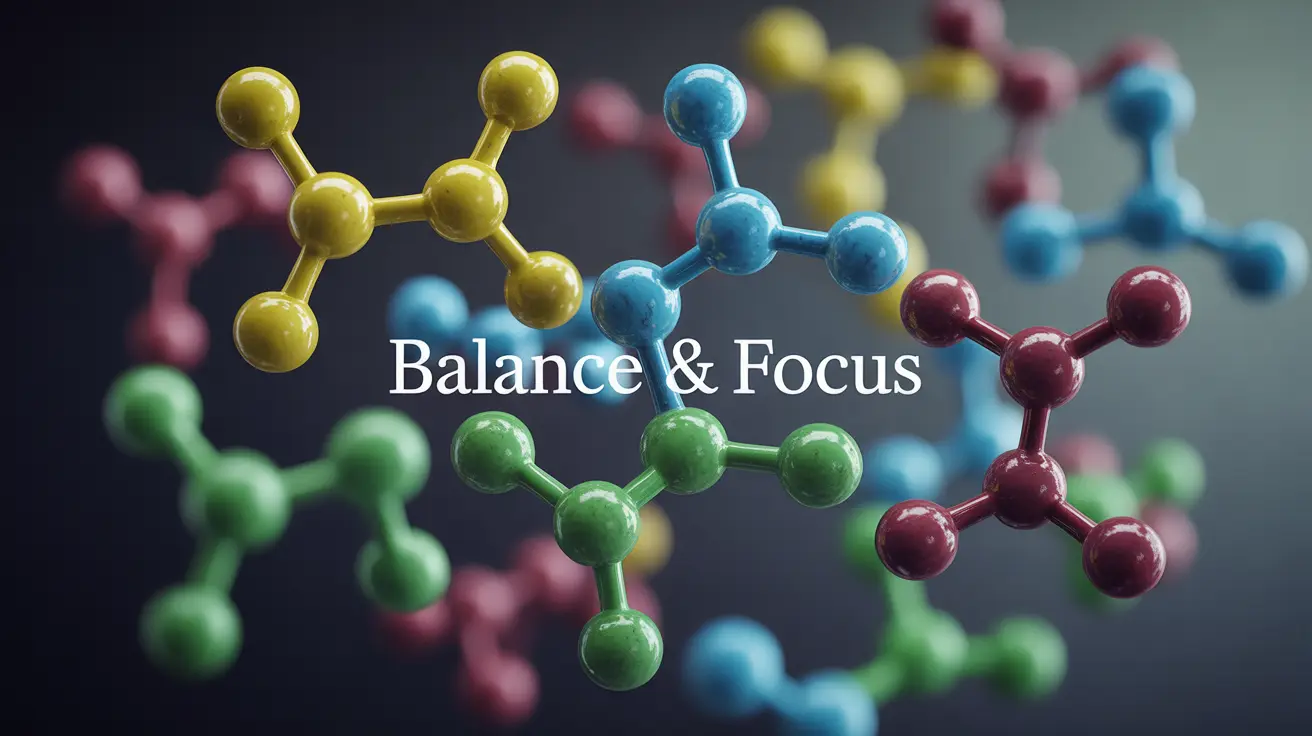Many people turn to tea as a gentler alternative to coffee, but questions often arise about its stimulant properties. Tea indeed contains several compounds that can affect our mental alertness and energy levels, though its impact differs significantly from other caffeinated beverages.
Understanding tea's stimulant effects is crucial for making informed decisions about your daily beverage choices. Let's explore how tea works as a stimulant and what makes it unique among caffeinated drinks.
The Stimulant Properties of Tea
Tea contains various bioactive compounds that contribute to its stimulating effects. The primary stimulant in tea is caffeine, though it's often referred to as "theine" when found in tea. However, tea's effects are modulated by other compounds, creating a more balanced stimulant experience.
Key Stimulating Compounds in Tea
Tea's stimulant profile includes several important compounds:
- L-theanine: An amino acid that promotes relaxation while maintaining alertness
- Caffeine: The primary stimulant compound
- Theophylline: A mild stimulant that affects breathing and heart rate
- Theobromine: A gentle stimulant that can improve mood
How Tea's Stimulant Effect Differs from Coffee
Unlike coffee's intense caffeine hit, tea provides a more gradual and sustained energy boost. This difference is primarily due to tea's unique combination of caffeine and L-theanine, which work together to create what many describe as "calm alertness."
The L-theanine and Caffeine Synergy
The presence of L-theanine in tea helps moderate caffeine's effects by:
- Reducing jitters and anxiety
- Promoting alpha brain wave activity
- Supporting sustained focus
- Maintaining mental clarity without overstimulation
Health Benefits of Tea's Stimulant Properties
Tea's balanced stimulant profile offers several advantages:
- Enhanced mental clarity without nervous energy
- Improved focus and concentration
- Better mood regulation
- Sustained energy without significant crashes
- Reduced risk of caffeine-related side effects
Potential Side Effects and Considerations
While tea is generally well-tolerated, some people may experience:
- Mild sleep disturbances if consumed late in the day
- Slight increases in heart rate
- Minimal anxiety in sensitive individuals
- Potential interference with iron absorption
Frequently Asked Questions
Is tea a stimulant like coffee, and how do their effects differ on the brain?
While both tea and coffee are stimulants, tea provides a more balanced effect due to the presence of L-theanine alongside caffeine. This combination creates a smoother, more sustained energy boost without the jitters commonly associated with coffee.
What substances in tea cause stimulant effects and how do they work together?
Tea contains caffeine, L-theanine, theophylline, and theobromine. These compounds work synergistically, with L-theanine particularly important in moderating caffeine's effects, resulting in sustained alertness without overstimulation.
How does the caffeine in tea affect alertness without causing jitters or nervousness?
The L-theanine in tea helps buffer caffeine's stimulating effects, promoting alpha brain wave activity that supports calm alertness. Additionally, tea's caffeine is released more slowly due to its binding with other compounds.
Can drinking tea improve focus and mood without the negative effects linked to caffeine?
Yes, tea can enhance focus and mood while minimizing caffeine's negative effects. The L-theanine-caffeine combination supports sustained concentration and positive mood without significant side effects.
Are there health risks or side effects from the stimulants found in tea, especially caffeine?
Tea's stimulants are generally safe for most people when consumed in moderation. However, some individuals may experience mild side effects like sleep disruption or slight anxiety, particularly if consuming large amounts or being sensitive to caffeine.




